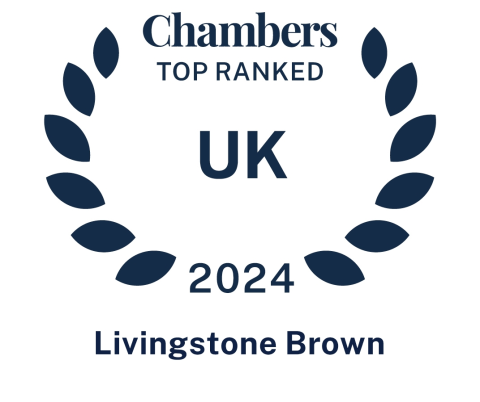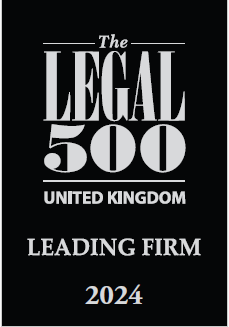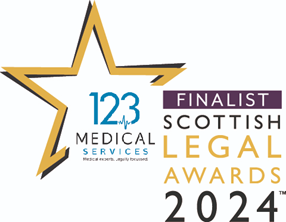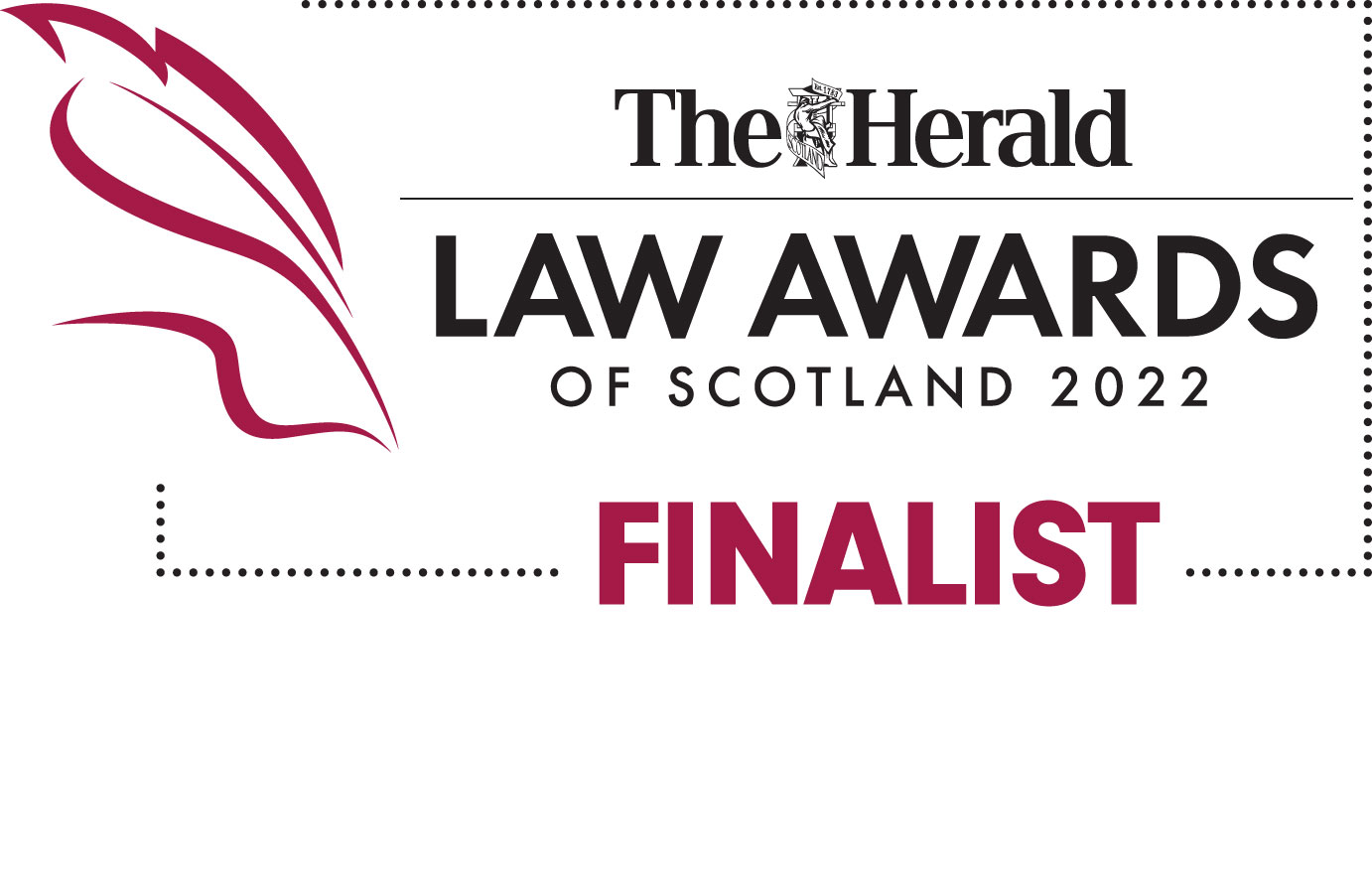Call us now: 0141 429 8166
Call us now: 0141 429 8166
In 2017, the Government announced an Inquiry would take place to examine the circumstances in which individuals treated by the NHS, were given infected blood and blood products since 1970. The Inquiry published its findings in May 2024.
As a result of the Inquiry, the Infected Blood Compensation Authority has been established to compensate those affected by this scandal. It is anticipated that this compensation scheme will be up and running in 2025.
If you are currently on a current UK Infected Blood Support Scheme, or in receipt of support payments from one or more of the Alliance House Organisations, you will automatically be considered eligible for the Scheme.
There are two categories of persons eligible:
A person who has been directly infected, through the use of NHS supplied blood, blood products and/or tissue, who has been infected with HIV, Hepatitis C or Hepatitis B will be eligible. This also extends to those who have sadly passed away from Hepatitis B as a result of this infection.
A person who has indirectly been affected. This extends to someone who was infected by transmission of infection, from a person who was directly infected, e.g. a person infected by their partner, or a child infected by their mother who was infected by their partner.
A person will still be eligible even if the infection has cleared.
The Scheme does not have cut off date for determining whether a person is eligible for compensation based on when their infection was acquired. However, more evidence will be acquired where a person was infected after the introduction of screening of blood, blood products and tissue.
The dates the Scheme will acknowledge for the introduction of screening are:
Hepatitis B Infection – December 1972
HIV Infection – November 1985
Hepatitis C Infection – September 1991
The Scheme will extend to individuals who have been affected by their loved ones contracting the above infections as a result of the infected blood.
This therefore means that spouses, civil partners, cohabitant partners who have lived with the infected person for at least 1 year following infection will also be eligible to apply. This further extends to all previous partners of an infection person. Partners who separated prior to the infection will not be eligible to apply.
Eligibility further extends to biological parents, adoptive parents and those acting in the capacity of a parent, e.g. step parents and grandparents.
Children of an infected person, such as biological children, adoptive children and those in position of a child e.g. step children will be eligible if when under the age of 18 they were cared for and lived with a parent for at least one year, who was or later became infected.
Siblings of an infected person, biological, adoptive and step siblings will also be eligible if when under the age of 18 lived in the same household as an affected person for at least 2 years after the onset of the infection.
Siblings of a person infected in adulthood may be eligible if they are classed as a carer.
A carer under the Scheme is someone who, without reward or remuneration, provided personal care or support greater than would otherwise reasonably be expected. The care will have to have averaged at least 16.5 hours per week over a period of at least 6 months.
Where a person who would have been eligible to apply as an infected person has died, personal representatives of the deceased estate may apply on their behalf.
This does not extend to representatives of an affected person.
At present it remains to be seen how the Scheme will work in practice. The Scheme will however be subject to a tariff of compensation, with the infected or affected person having to satisfy various categories to be eligible for certain levels of compensation.
It is likely that the majority of applicants will be eligible for the Core Route whereby a compensation package will be offered without the need for further assessment of person circumstances. However in some circumstances, applicants may be assessed under the Supplementary Route. This is in exceptional circumstances whereby the Core Route does not sufficiently reflect the financial loss and care costs the person has experienced as a result of infected blood. This will be in situations where the applicant has had high earnings prior to infection, or there is an associated health condition that has necessitated increased levels of care. Applicants in this category will require to demonstrate their request for a higher compensation payment.
As this is a government Scheme, set up to provide financial redress to those affected, any compensation awarded will not impact any means tested benefits they are in receipts of.
Furthermore, the award will be exempt from income tax, capital gains tax and inheritance tax.
An award for compensation does not remove any right a person has to pursuer a civil claim in court.
Livingstone Brown are happy to assist in any applications to the Infected Blood Compensation Scheme once the application process has been established. Contact our Personal Injury Lawyers for advice through our online contact form.
Fatal injuries compensation is available under the Criminal Injuries Compensation Scheme 2012. A fatal injury is where a person dies as a result of a violent crime. Compensation can only be awarded if the deceased was an innocent victim of the violent crime and whose injuries were sustained as a direct result of said crime. This can be a complex area of the law and it is crucial that you get specialist advice from our personal injury lawyers. Contact our team on 0141 429 8166 and see how we can help you.
Only “qualifying relatives” may pursue an award for compensation. A qualifying relative is a person who at the time of the deceased’s death was:
A qualifying relative of a person who has died as a direct result of a violent crime may be eligible for:
A qualifying relative may also be eligible to apply for an additional personal injury award if they have suffered mental injuries as a result of the victim’s death. To be eligible, the applicant must have sustained a mental injury which is directly attributable to being present at and witnessing their loved one’s death, or the immediate aftermath of their loved one’s death.
A claim for compensation must be submitted to the CICA within 2 years from the date of the incident.
Livingstone Brown understands that losing a loved one is incredibly tough and brings with it great strain. Our team is dedicated to guiding you through the process to ensure that you are in the best position to obtain the financial award you are entitled to.
Contact our personal team lawyers today on 0141 429 8166 or complete our online contact form if you think you have a claim for compensation.
Local Authorities and landlords have a duty to ensure that tenants reside in habitable and tenantable conditions. Livingstone Brown Solicitors have successfully acted in claims against Local Authorities and private landlords throughout Scotland to ensure that tenants’ rights are upheld and their families are protected from residing in what can be toxic conditions.
You should immediately report this to your housing association, private landlord or Local Authority. You should ensure that they log your complaint and request that a housing officer or appointed agent from your private landlord attends your property to review the dampness and mould and to have a plan of remedial works.
If the landlord or Local Authority fails to do this, it is important that you seek independent legal advice as soon as possible.
The risks associated with mould spores and residing in such conditions are well established. It can cause issues such as sickness, shortness of breath, asthma and can have an impact on mental health If you have any of these symptoms, it is essential that you speak to a doctor as soon as possible.
Livingstone Brown have acted on behalf of tenants for over 20 years in ensuring that their legal rights are upheld. We have raised numerous court actions against Local Authorities and landlords and have been successful in ensuring compensation for tenants. We have access to some of the most established independent experts in Scotland, such as surveyors and respiratory consultants to ensure that your case is properly considered, and you receive the right amount of compensation.
Please contact one of our specialist team by calling 0141 673 0130, or by filling out our online enquiry form and one of our solicitors will be in touch with you.
The Criminal Injuries Compensation Authority (CICA) is an organisation set up by the government to compensate victims of crime in the UK. If you have suffered physical, mental or sexual abuse then you may be able to claim compensation. This can be a complex area of law, and it is vital that you get specialist personal injury legal advice as soon as possible. Contact us on 0141 429 8166 or by completing our online contact form.
The time limit for a CICA claim is two years from the date the incident occurred.
There is an exception to the time limit in cases if one of the following apply:
If you are thinking of making a claim it is important to consider the following requirements:
You can claim for your injuries (both physically and mentally) together with employment and care costs. The range of awards can vary, and it is important you take specialist advice on what you can claim for.
The process can last between 12-18 months depending on the circumstances of your claim.
Livingstone Brown specialise in CICA claims involving a range of serious injuries. If you think you may have a claim contact one of our experienced personal injury lawyers today who will be happy to assist you. Call us on 0141 429 8166 or complete our online contact form.
Our team of dedicated personal injury solicitors are experienced in dealing with historic abuse claims. We regularly represent clients in the Court of Session and the Sheriff Court, in matters related to physical, mental and sexual abuse. We are one of the few Scottish firms who have represented clients in both the English and Scottish child abuse inquiries.
The recent changes to the law in this area means that in some cases the previous time limit for historic abuse claims has been removed. The new legislation allows for those who have suffered abuse as a child, an opportunity to access justice and seek compensation.
We are aware disclosing the abuse you have suffered will be one of the most difficult decisions you undertake. We also understand victims and survivors can feel that the legal process is very daunting. We are here to assist you through this and ensure you receive the support and compensation you are entitled to.
Prior to the Supreme Court judgement in Armes v Nottinghamshire County Council, survivors of abuse would not only find barriers to submit claims in respect of coming within the timescales set out by the law (3 years from the date of abuse or from the date of adulthood) but would also have the difficulty of establishing that the local authority held some of responsibility for the actions of foster carers.
The Supreme Court judgement in Armes v Nottinghamshire County Council now changes that, alongside the change in law to extend the time bar period. The case establishes what is known as vicarious liability, namely that the local authority is responsible for the acts and omissions perpetrated by foster carers. This is a far reaching decision for victims of abuse.
Livingstone Brown continue to represent a number of survivors of abuse sustained in foster care placements. We have a specialist team who have assisted numerous survivors in obtaining justice for wrongful acts committed against them.
The Redress for Survivors (Historic Child Abuse in Care) (Scotland) Bill came into force in December 2021. This will allow for survivors of child abuse whilst in care in Scotland to apply for financial redress. The purpose of the scheme is to acknowledge and provide tangible recognition of harm because of historical child abuse in various settings in Scotland. The scheme not only provides financial redress to the survivors but also non-financial redress such as psychological support. Livingstone Brown are currently processing many redress applications and offer specialist assistance from the outset. If you are seeking advice on the redress scheme, we would advise you to seek assistance prior to applying.
Please see our dedicated section of our website for financial redress for further information and links below:
Livingstone Brown can guide you through the claims process and ensure you feel at ease during each stage of the process. Our sensitive and dedicated team are experienced in dealing with your case in a confidential and respectful manner.
After an initial meeting discussing the details of your claim, we can explain the options open to you before beginning the process of pursuing a claim for compensation against the individual or organisation responsible.
It may be necessary to instruct an expert in your case to prepare a report on your psychological injuries and if appropriate, a report on the impact the abuse may have had on your employment prospects.
If you would like further information, please contact our specialist team who would be happy to assist on 0141 429 8166 or by completing our online form.
Livingstone Brown is a leading firm of Scottish solicitors. Based in Glasgow, but dealing with cases around the country, the firm has been at the forefront of legal service provision for over thirty years.
If you have a legal problem, getting good quality legal information at the earliest stage can be invaluable. The firm offers a free initial enquiry service; all you have to do is call in, telephone, or e-mail. You won't be charged for your enquiry; we'll let you know by return whether we can help, what we can do, and how much it's likely to cost. We can also offer legal aid where available.
Led by former senior partner Gerard Brown CBE, who continues as a consultant, the firm has built up an enviable reputation for quality of service and client care.
The firm has won various awards over the years. In the 2019 edition of the prestigious Legal 500 rankings Livingstone Brown was ranked as a 'top-tier' firm for general criminal work, and is also recommended for fraud cases. Stuart Munro and Gerard Brown were named as 'Recommended Lawyers'. In the Chambers directory the firm has a Band 1 ranking for criminal work, and Stuart Munro is a ranked financial crime lawyer. The firm was named Criminal Defence Firm of the Year and Family Law Team of the Year at the Scottish Legal Awards 2019.
Reliable, expert advice you can trust. Get in touch today










AWARD WINNING, SCOTTISH SOLICITORS